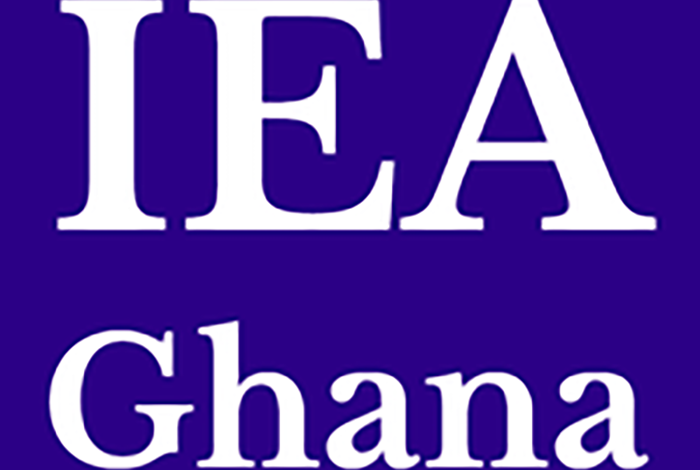Paragraph 1: The IEA’s Call for Fiscal Prudence and Revenue Enhancement
The Institute of Economic Affairs (IEA), a prominent public policy think tank, has issued a strong recommendation to the Ghanaian government to prioritize fiscal responsibility and robust revenue generation in order to avert the need for another round of debt restructuring. The IEA’s advice comes in the wake of Ghana’s recent completion of both domestic and external debt restructuring exercises. The think tank emphasizes that prudent expenditure management, coupled with increased revenue mobilization, will not only strengthen investor confidence but also bolster the economy’s recovery trajectory, particularly within the context of the ongoing IMF Extended Credit Facility (ECF) program. This call for fiscal prudence is anchored in the IEA’s belief that responsible financial management will foster a stable macroeconomic environment, mitigating the risks of future debt crises.
Paragraph 2: Budgetary Expectations and Tax Policy Reforms
The IEA’s Economic Outlook for November-December 2024 anticipates that the 2025 budget will align with the objectives of the IMF program, emphasizing the importance of maintaining macroeconomic stability. The Institute underscores that adherence to this path is crucial for preventing another arduous debt restructuring process and for restoring investor trust in the Ghanaian economy. Addressing the government’s proposed tax reforms, the IEA acknowledges the positive impact of abolishing taxes such as the e-levy, COVID-19 tax, emissions tax, and betting tax on households and businesses. These abolitions are expected to alleviate the tax burden on taxpayers. However, the IEA also notes the potential revenue shortfall that these abolitions might create.
Paragraph 3: Offsetting Revenue Loss and Managing Debt Service Resumption
The IEA suggests that the potential revenue loss resulting from tax abolitions should be countered by proactive measures to address tax loopholes, expand the tax base, and enhance tax administration efficiency. These strategies are crucial for maintaining a healthy revenue stream despite the tax cuts. The Institute also cautions that the resumption of debt service payments will inevitably exert pressure on both the national budget and the exchange rate. Therefore, the IEA urges the government to implement measures that can effectively mitigate the impact of these external debt repayments, ensuring that debt servicing does not unduly strain the economy.
Paragraph 4: Leveraging Natural Resources and Promoting Value Addition
The IEA emphasizes the need for the 2025 budget to acknowledge the limited fiscal space available for economic development due to constrained government revenue. The think tank advocates for strategic measures to enhance tax revenue collection, highlighting the untapped potential of the natural resource sector. According to the IEA, maximizing the contribution of this sector to national development requires revisiting the existing natural resource fiscal regimes. The focus should be on increasing Ghanaian ownership and benefits derived from these resources. This approach would channel more of the value generated by natural resources into the national economy, thereby expanding the fiscal space.
Paragraph 5: Focus on Local Value Addition and Industrial Development
Furthermore, the IEA stresses the importance of prioritizing local value addition to natural resources. This involves bolstering the processing and manufacturing sectors, which can significantly enhance the revenue generated from the natural resource sector. By transforming raw materials into finished goods within Ghana, the country can capture a larger share of the value chain, boosting economic activity and increasing overall revenue. This focus on industrial development and value addition is presented as a key strategy for maximizing the economic benefits derived from Ghana’s natural resources.
Paragraph 6: The Finance Minister’s Directive on Revenue and Expenditure Balance
In line with the IEA’s recommendations, Dr. Cassiel Ato Forson, the Minister of Finance, has directed revenue mobilization and expenditure agencies to strive for a balance between revenue generation and government spending. During his visits to the Ghana Revenue Authority (GRA) and the Controller and Accountant-Generals Department (CAGD), Dr. Forson emphasized the importance of achieving this balance, particularly in light of the IMF agreement, which necessitates an additional tax revenue of 0.6% of GDP. The Minister urged both agencies to diligently review proposed payments and ensure their alignment with established legal frameworks. This directive underscores the government’s commitment to fiscal discipline and its efforts to align revenue collection with expenditure, promoting a sustainable fiscal position.














